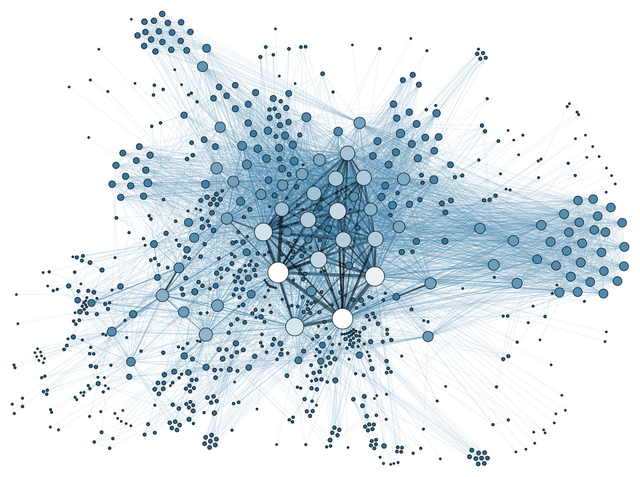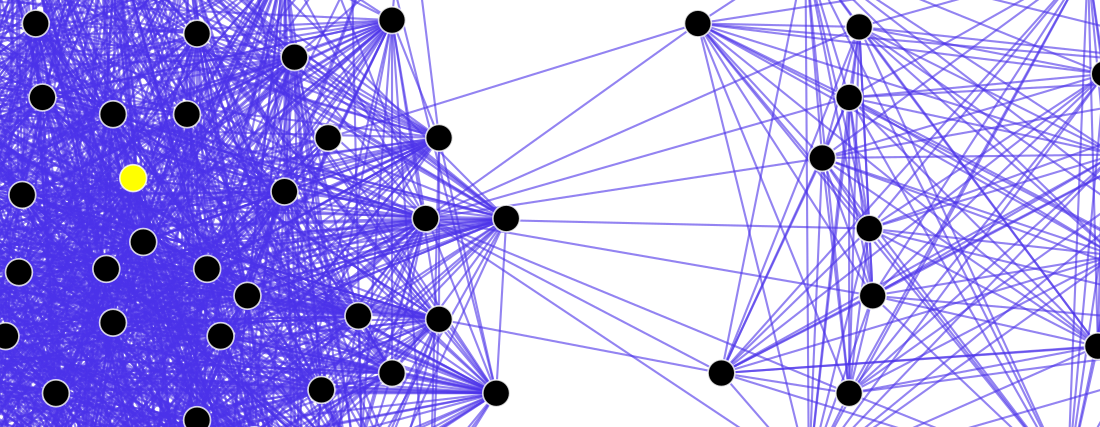Top Qs
Timeline
Chat
Perspective
Outline of sociology
Overview of and topical guide to sociology From Wikipedia, the free encyclopedia
Remove ads
The following outline is provided as an overview of and topical guide to the discipline of sociology:
Sociology is the systematic study of society, human social behavior, and patterns of social relationships, social interaction, and culture. The term sociology was coined in the late 18th century to describe the scientific study of society.[1] It uses a range of methods — from qualitative interviews to quantitative data analysis — to examine how social structures, institutions, and processes shape individual and group life. Sociology encompasses various subfields such as criminology, medical sociology, education, and increasingly, digital sociology, which studies the impact of digital technologies on society. Digital sociology examines the impact of digital technologies on social behavior and institutions, encompassing professional, analytical, critical, and public dimensions.[2] The internet has reshaped social networks and power relations, illustrating the growing importance of digital sociology.[3] Sociologists seek to understand how identities, inequalities, norms, and institutions evolve across time and context.
Remove ads
Nature of sociology
Definition
Sociology can be described as all of the following:
- The study of society.
- Academic discipline – body of knowledge given to - or received by - a disciple (student); a branch or sphere of knowledge, or field of study, that an individual has chosen to specialise in.
- Field of science – widely recognized category of specialized expertise within science, and typically embodies its own terminology and nomenclature. Such a field will usually be represented by one or more scientific journals, where peer reviewed research is published. There are many sociology-related scientific journals.
- Social science – field of academic scholarship that explores aspects of human society.
Essence of sociology
Overall
Key themes across sociological research
Remove ads
Branches of sociology
Digital sociology
Summarize
Perspective
Digital sociology is a growing subfield that examines how digital media and technologies affect social behavior, institutions, and patterns of interaction. The field draws on classical and contemporary sociological theory to analyze the influence of the internet, social media, algorithms, and digital surveillance on daily life and social systems.

According to sociologist Deborah Lupton, digital sociology includes four key dimensions: professional digital practice (using digital media for academic purposes), analytical digital sociology (analyzing digital data and online behavior), critical digital sociology (examining the power structures behind digital technologies), and public digital sociology (engaging with broader audiences through digital platforms).[2]
Manuel Castells’ work on network societies also highlights how the internet has fundamentally reshaped communication, organization, and relationships in the modern world.[3] This shift has created new forms of inequality and social capital, while transforming traditional institutions such as education, work, and government.
Digital sociology has become increasingly relevant in the 21st century as social life becomes more integrated with digital technologies. It overlaps with fields such as media studies, data science, and science and technology studies, and often uses digital ethnography, big data analysis, and content analysis as methods.
Digital sociology is not only concerned with technology but with the broader implications of a digitally mediated society. It offers insights into how digital environments shape identity, relationships, activism, privacy, and social norms.History of sociology
- Timeline of sociology (1810s)
- Timeline of sociology (1820s)
- Timeline of sociology (1830s)
- Timeline of sociology (1840s)
- Timeline of sociology (1850s)
- Timeline of sociology (1860s)
- Timeline of sociology (1870s)
- Timeline of sociology (1880s)
- Timeline of sociology (1890s)
- Timeline of sociology (1900s)
- Timeline of sociology (1910s)
- Timeline of sociology (1920s)
- Timeline of sociology (1930s)
- Timeline of sociology (1940s)
- Timeline of sociology (1950s)
- Timeline of sociology (1960s)
- Timeline of sociology (1970s)
- Timeline of sociology (1980s)
- Timeline of sociology (1990s)
- Timeline of sociology (2000s)
Remove ads
Theoretical perspectives in sociology
Approaches
Positivism
Critical realist
Structural
Challenging structure
Social interactions
Behavioural
Social justice
Applied
Ecological
Levels of analysis
Remove ads
Methodology and methods in sociology
General sociology concepts
- Attitude
- Alienation
- Beliefs
- Bureaucracy
- Collective behavior
- Civil inattention
- Civil rights
- Crime
- Commodity fetishism
- Community (outline)
- Consumption (consumerism)
- Cultural capital
- Culture (outline)
- Discrimination
- Division of labour
- Equality (Social inequality)
- Equity
- Exploitation
- Family
- Freedom
- Gemeinschaft and gesellschaft
- Globalization
- Group
- Ideal type
- Identity
- Ideology
- Industrialization
- Inequality
- Institution
- Interpersonal relationship (outline)
- Justice
- Lifestyle
- Mass media
- Modernity
- Nature versus nurture
- Organization
- Organizational behavior
- Paradigm shift
- Political economy
- Popular culture
- Postmodernity
- Poverty
- Power
- Power-knowledge
- Racism
- Rationalisation
- Reflexivity
- Religion
- Secularisation
- Sexism
- Social action
- Social capital
- Social change
- Social class
- Social complexity
- Social conflict
- Social construction
- Social cohesion
- Social control
- Social criticism
- Social environment
- Social evolutionism
- Social justice
- Social media
- Social mobility
- Social movement
- Social norm
- Social network
- Social order
- Social organisation
- Social problems
- Social solidarity
- Social status
- Social stratification
- Social structure
- Social system
- Social theory
- Socialization
- Society (outline)
- Structure and agency
- Sustainable development
- Values
- World view
Remove ads
Sociology by location
Sociologists
Sociological publications
Sociology journals
Magazines
Sociological associations
Academies
- College of Sociology, Paris, 1937–39
- New School for Social Research, New York
- Department of Sociology at the University of Chicago, Chicago
- Uzhhorod National University Department of Sociology and Social Work, Uzhhorod
- Atlanta Sociological Laboratory, Atlanta, 1895–1924[4]
Related fields
See also
References
External links
Wikiwand - on
Seamless Wikipedia browsing. On steroids.
Remove ads
